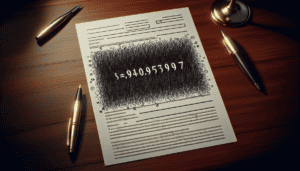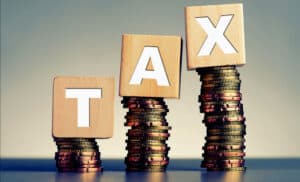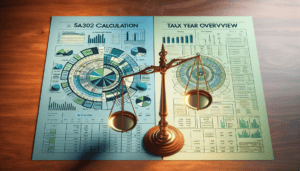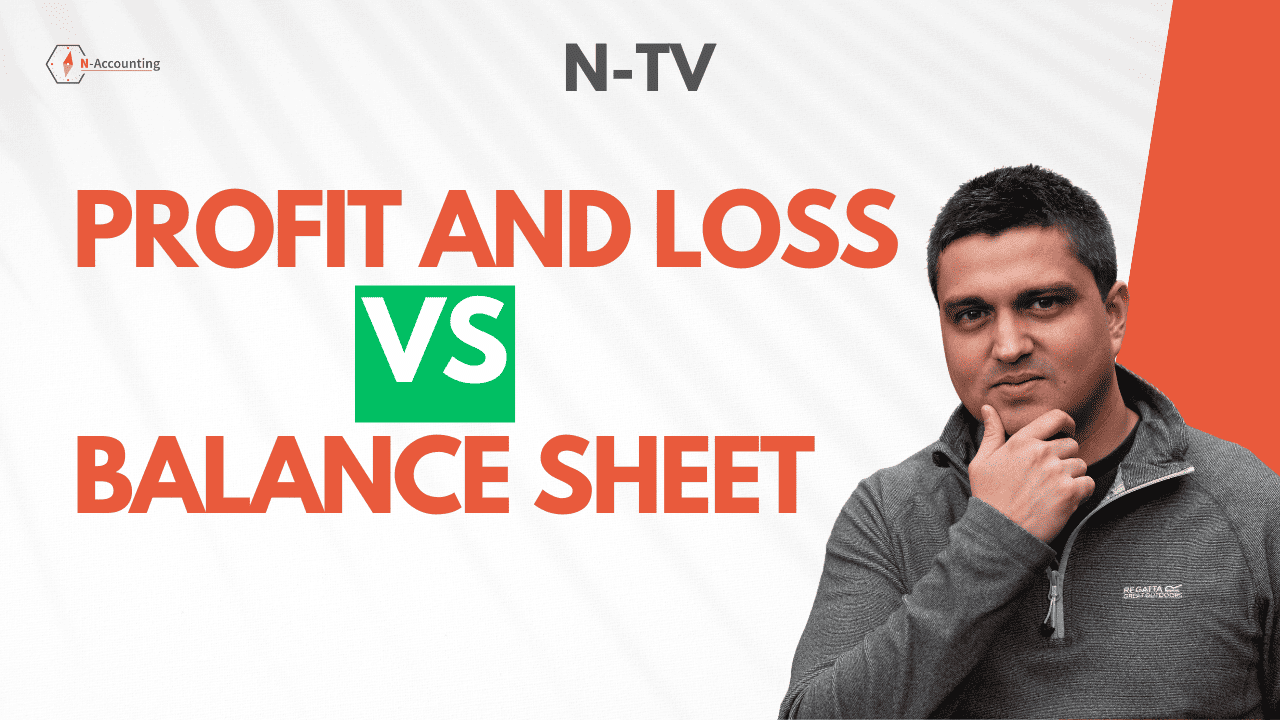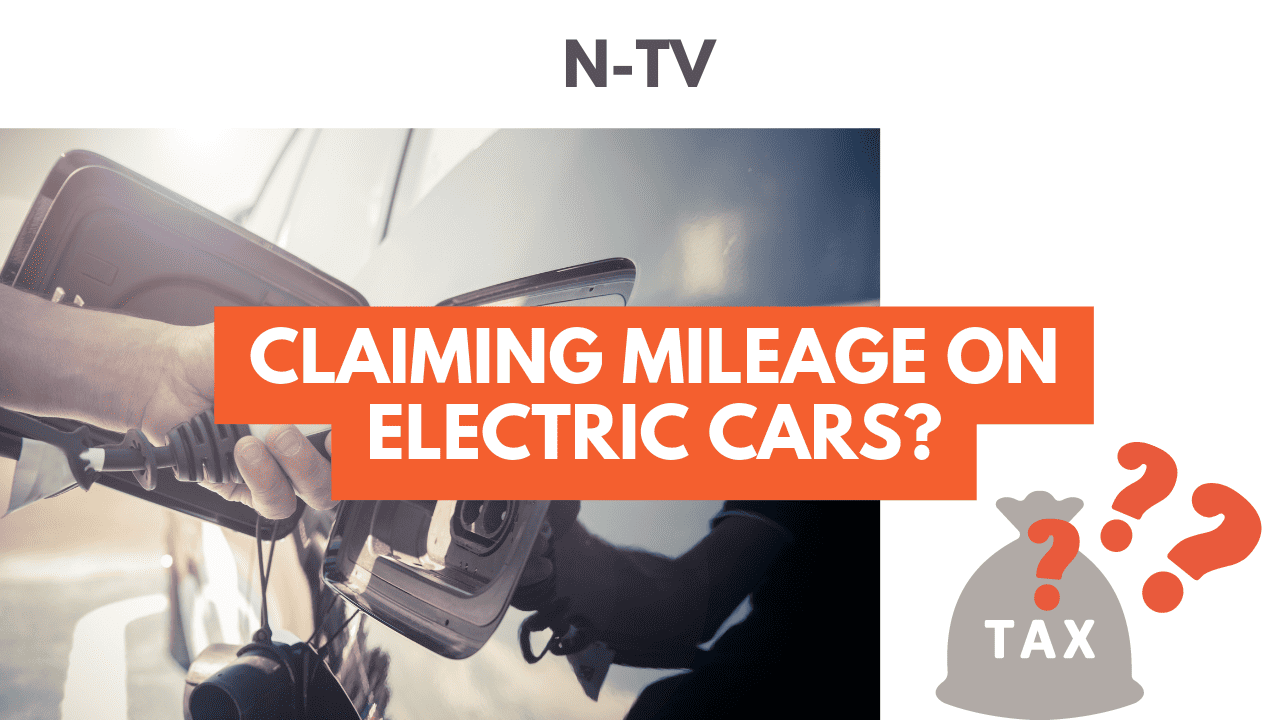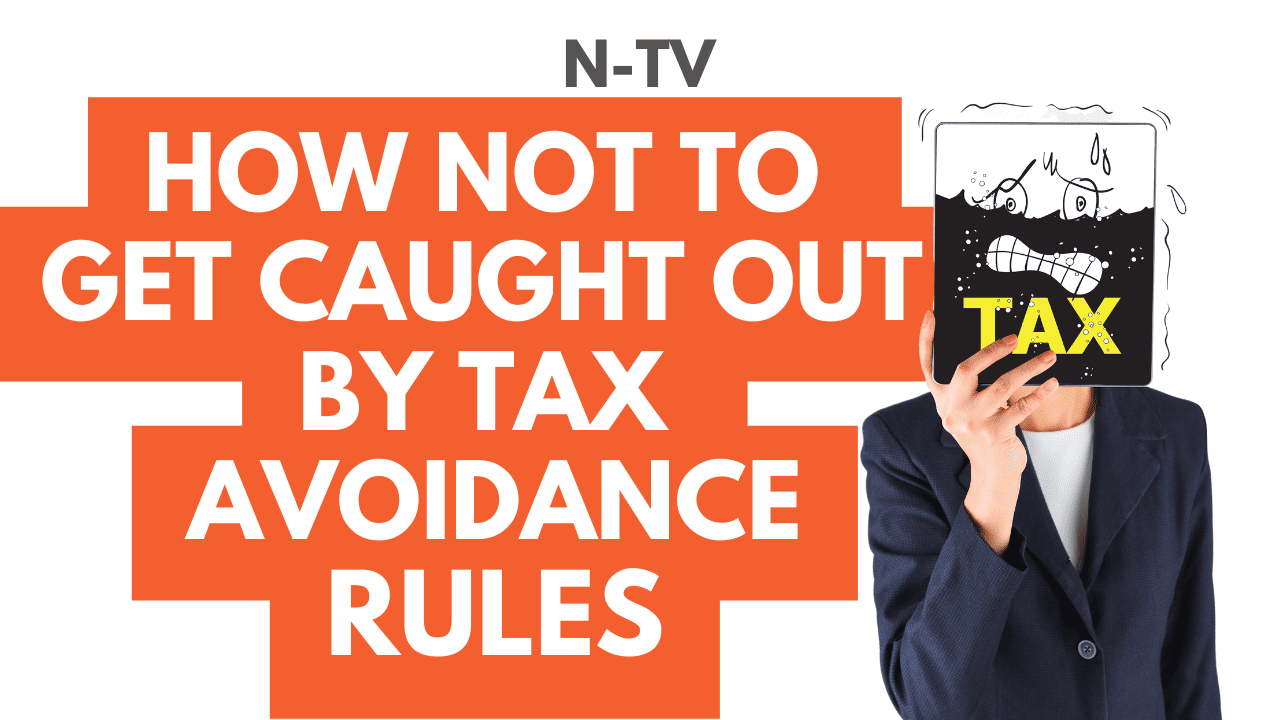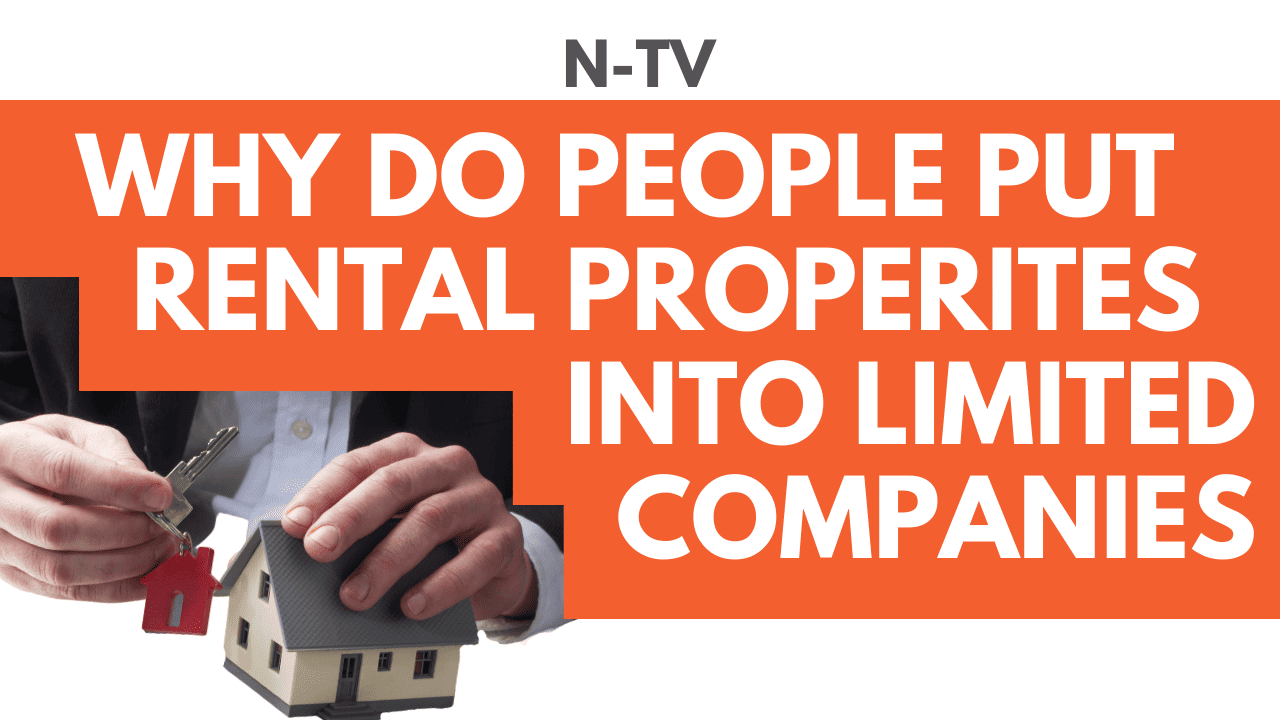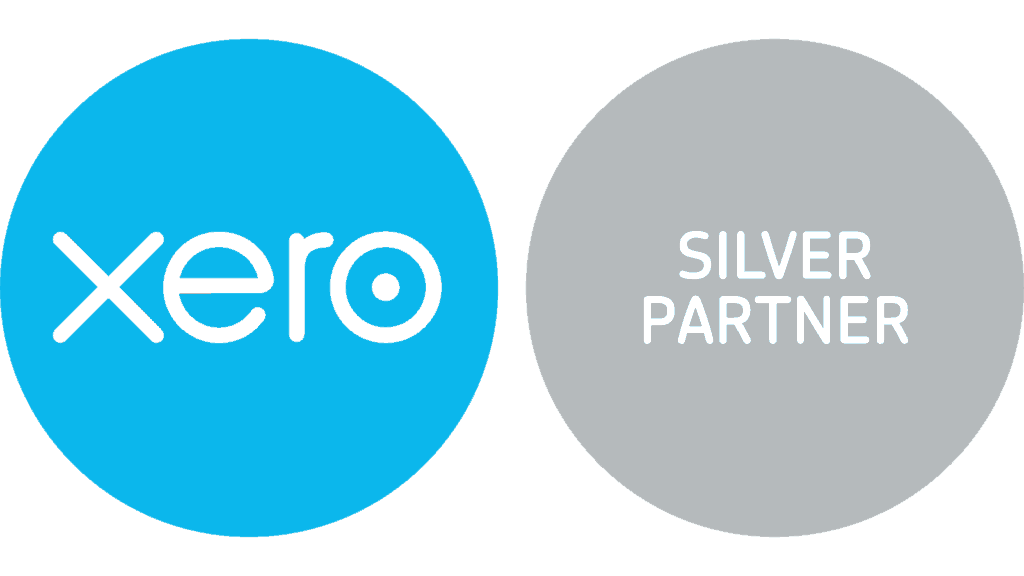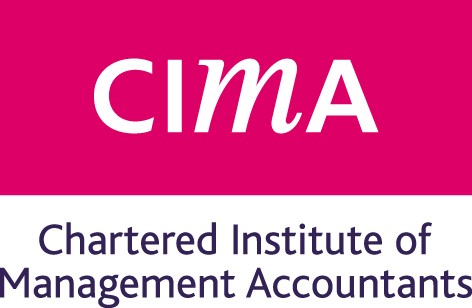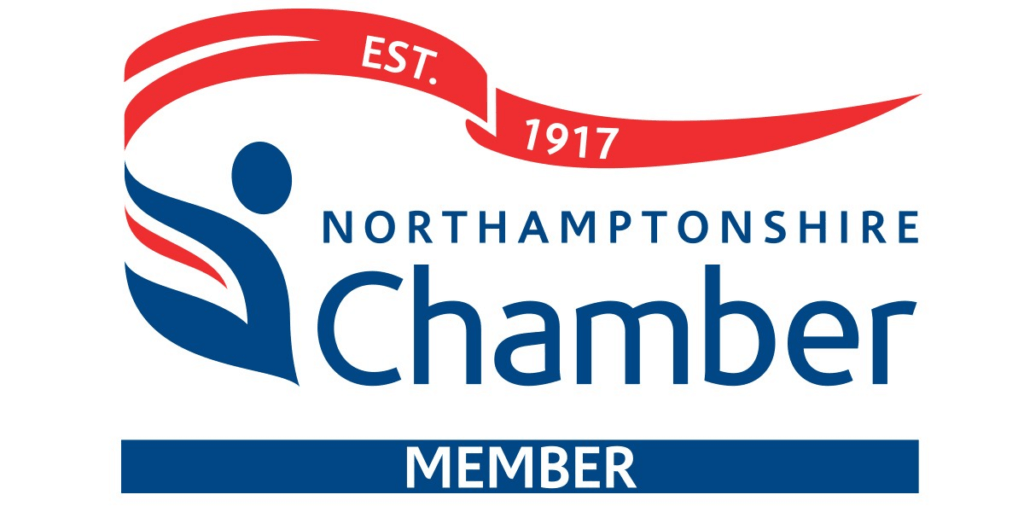Contents
Reclaiming VAT on company cars
Reclaiming VAT on other vehicle running costs
What happens to VAT when you sell a vehicle
VAT on motor vehicles and the associated motoring expenses is often considered to be one of the more complex areas of this sales tax, because there are many different treatments depending on the nature of the expense, and in addition you often have multiple options regarding which VAT treatment you chose.
This article is written based on the VAT rules for limited companies, if you’re running your business as a sole trader or partnership then quite a lot of this content won’t apply to you. This article also only looks at VAT treatment, so it will not cover things like corporation tax relief and benefit in kind tax rules.
We’ll start this article looking into the various VAT rules that apply when you buy or lease a vehicle and then further on we’ll cover how motoring related expenses and fuel are treated.
Ways to buy a vehicle
Before we look into the various VAT treatments that can apply to a company car or other commercial vehicle, it’s important to understand the ways in which you can purchase or hire it, because they can impact the accounting and VAT treatment.
Cash purchase of a car or Hire purchase
This is where you either take money that you have and use it to buy the vehicle or you obtain finance that is secured against the vehicle.
The most notable feature of this arrangement is that the vehicle is yours throughout any finance period and it would typically sit on your companies balance sheet as an asset, if there is a loan in place that would also be on there as a liability.
One major benefit of hire purchase is that for purely commercial vehicles, you can actually recover VAT in the first VAT period before you have even finished paying for the vehicle, this can be a huge cashflow boost early on in the agreement.
The interest from the finance and the depreciation/capital allowances of the vehicle is the element you claim tax relief on.
Need Some More Advice?
GET IN TOUCHBusiness contract hire
This is essentially a rental, much like a self drive hire and there is no point where the vehicle is actually owned by your company.
Often there is the option to buy the vehicle at the end of the leasing agreement, but it’s not mandatory and would be offered at market value based on it’s condition. Under this arrangement you would get tax relief on the monthly rental costs.
Reclaiming VAT on company cars
As you can imagine motor vehicles are expensive and a large part of that expense is the VAT you pay on them, so businesses will want to reclaim VAT on these costs.
The rules around the VAT reclaim on buying a car vs. leasing it are very different, which is why it is important to understand the nature of the agreement as hire purchase deals are often confused with business contract hire or personal contract purchase.
Do you pay VAT on a company car?
Unfortunately there are no rules that prevent VAT being charged on a new car purchase or other company vehicle just because it is being used for business purposes.
However you may be interested to learn that sometimes reduced VAT is charged by a dealer if the vehicle is second hand under the VAT margin scheme, so it’s important to check the invoice carefully as it isn’t always a flat 20% on the purchase price.
Exclusively used for business purposes
In a scenario where the vehicle in question is exclusively used for business, for VAT recovery purposes it is possible to reclaim all of the VAT paid, regardless of whether it is leased or purchased.
It’s important to make sure that you keep enough evidence to demonstrate that the car has no personal use and is kept at the business premises overnight as a pool car. The best way to convince HMRC of this is if you have another vehicle that you use for personal journeys.
Commercial vehicle by default
Many types of vehicles are by default classed as business use only, even if there is some incidental private use, for example where they are owned by car hire firms for rent, or used as a driving instruction car, or a taxi for carrying passengers.
This also includes vehicles that are considered heavy machinery like lorries, trucks, agricultural vehicles, ice cream vans, recovery vehicles and many more.
Car derived vans
Typically a van would also be classed as a commercial vehicle and attract a full VAT reclaim even in the instances of some incidental private use, however sometimes there is some confusion regarding car derived vans, which are vehicles designed for supporting both commercial and private motoring so it is worth checking the HMRC list for the specific VAT rules.
Vehicles with non business use
In scenarios where a vehicle is available for private use, the ability to reclaim input VAT on the purchase or lease can vary and it doesn’t matter what proportion of personal or business trips take place as even the smallest amount can trigger the restrictions.
It is also worth noting that while the corporation tax treatment of cars can vary depending on whether the fuel source is petrol or diesel or if is an electric vehicle, in general the VAT treatment is always the same.

Reclaim VAT on leased cars
The VAT on leased cars is charged every month as part of the monthly rental invoice and the general rule is that in the event of non business use half of the VAT is blocked from being reclaimed.
VAT on the purchase of a car
In the event there is non business use on a vehicle being purchased outright, then sadly the entire amount paid will suffer an input tax block when recovering VAT and will not be reclaimable. This restriction also applies to any extras, modifications or accessories that you had fitted at the factory.
Reclaiming VAT on fuel costs
Once you’ve established the VAT treatment of the lease or purchase of the vehicle, the next step is to identify how you’ll claim VAT back on your fuel and other running costs. In terms of reclaiming VAT on fuel there are three options.
Non adjusted reclaim
In the instance where the vehicle isn’t available for private use, then there is no need for any adjustments when it comes to reclaiming VAT and the fuel receipts or invoices can be processed with the full amount of VAT.
Using the correct fuel scale charge
Where there is some private use of the company car and the company provides the fuel, then it is necessary to reduce the VAT being reclaimed to factor this in. One way of doing this is to use the flat rate method by applying a road fuel scale charge (RFSC), which is determined based on the CO2 emissions of your vehicle.
You would need to take the fuel scale charge VAT inclusive consideration value for your vehicle model, divide it by 6 to get the VAT amount and then deduct it from your input VAT claimed on your VAT return.
It’s worth bearing in mind that all of the vehicles in your business need to use this method for adjusting private use if any of them use it, this means that you can’t pick and chose how you apply it.
Because the RFSC doesn’t take into account your actual mileage then it is possible to lose out with this method and be worse off then if you didn’t reclaim any VAT at all.
In the event you pay for fuel yourself and are reimbursed by the company then the fuel scale charge method isn’t available and you will need to use the advisory fuel rates method mentioned below.
Advisory fuel rates
If your company pays for the fuel for your company car then as an alternative to applying the RFSC it can apply no VAT to all of the fuel receipts or invoices and then as an alternative create a VAT claim based on your business mileage by taking the advisory fuel rate per mile for your type of vehicle, dividing it by 6 to get the VAT component and claiming input VAT on that.
If you pay for the fuel yourself and get your company to reimburse you for business mileage based on the advisory fuel rates, then your company can treat your expenses claim as inclusive of VAT and reclaim it on that basis.
When you’re justifying VAT recovery, it is important that you keep detailed mileage records and any relevant invoices and receipts. These can be stored electronically for 7 years and must be available in the event of a VAT inspection.
Are advisory fuel rates mandatory?
It’s in the name but advisory fuel rates can be replaced by anything you feel is more suitable based on your actual costs, which is useful if the amount HMRC are offering is less than the actual cost of running your vehicle.
It’s really important to keep any workings if you are planning to override the AFR and to ensure your calculations are a fair reflection of the actual costs.
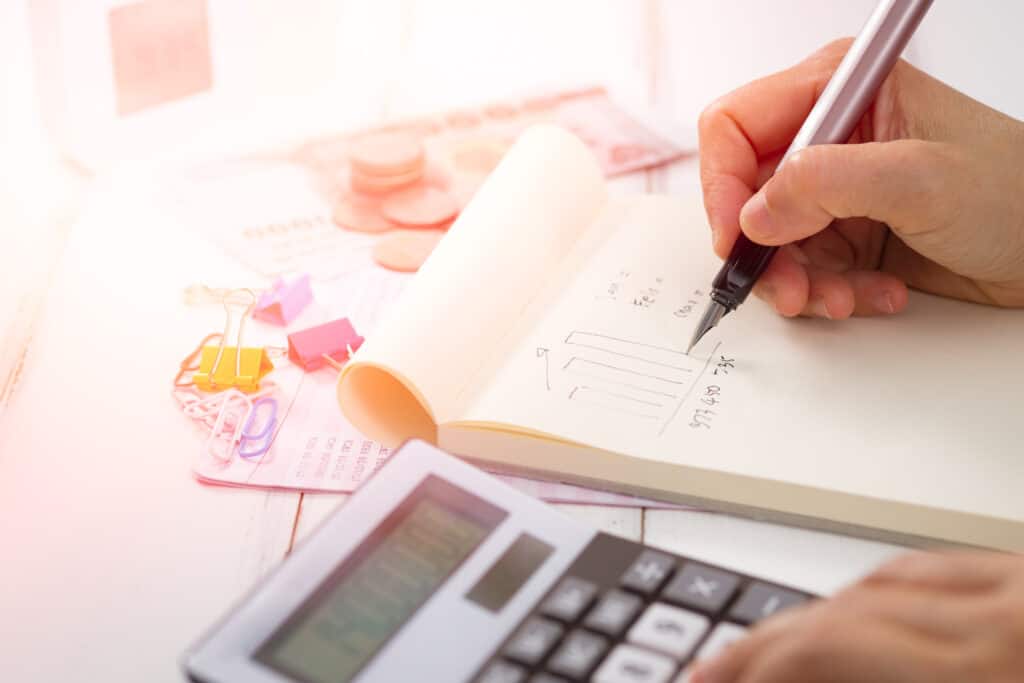
Claiming VAT on fuel if I use my own car for business purposes
In the case where you use your own car for business use and charge it at 45p a mile, your business cannot treat the entire 45p as VAT inclusive because you will be double counting the recovery due to being able to claim the VAT back on specific invoices relating to repairs and maintenance as I will mention further on in this article.
You will need to split out your 45p per mile expense claim to have a fuel component and the non fuel component, where only the prior has input tax recovery.
Reclaiming VAT on other vehicle running costs
Repairs, Servicing or Cleaning
Regardless of whether you use a personal vehicle in the business or have a company car, as long as you have the sales invoice from the garage made out to your company, then you can reclaim the entire amount of VAT incurred without having to adjust it for personal use.
It is worth checking that your were charged VAT in the first place before reclaiming it, as not everyone you deal with will be a VAT registered business.
MOT’s
MOT’s are zero rated for VAT and don’t have any input to reclaim.
Insurance
All insurance in the UK is exempt for VAT and as a result there is nothing to reclaim
Parking
All off street parking is within the scope of VAT, even when provided by a local authority so you will need to check the receipt to see if there is anything to reclaim.
All on street parking is automatically exempt for VAT and some locations like country parks can be either so it is important to identify if you are being charged it.
Penalties
Penalties and fines from any government body are never reclaimable for VAT or any other tax, however if you receive a private parking charge then you can reclaim all the VAT charged on that.

VAT on charging of electric cars
Electric cars being charged at a public charging point for example a Tesla Supercharger will incur VAT on the costs and your business will need to claim those back at the standard rate of 20%, if there was some private mileage then you may have to reduce this claim to factor that in.
Where the business provides charging at the workplace, it is possible for it to reclaim VAT on the electricity, however this reclaim would need to be reduced to factor in any private mileage the employee or director did. The adjustment can be based on the advisory fuel rate for electric cars and mileage logs would need to be kept.
The advisory fuel rate for electric car charging is 9p per mile (2024), however sadly it is not possible to claim any VAT savings if you charge your vehicle at home as the supply technically has not been made to your business. The rate of VAT on domestic electricity is 5% so overall the saving is not substantial anyway.
VAT on electric vehicle charger installation
Many businesses are now providing electric car charging at work and at an employees homes. In the instance where the charger is installed at the work place then a full VAT reclaim can be achieved on the purchase and installation costs.
However in the instance where the EV charger is installed at an employees home, there would need to be an apportionment to reduce the VAT reclaim for personal use. In both cases it is vital that the invoices are made out to the company.
What happens to VAT when you sell a vehicle?
When considering VAT on vehicles, it is also important to understand where output tax can apply. The normal rules say that if you reclaimed VAT on any vehicles or cars purchased, you would need to charge VAT on the sale of those vehicles.
Overall the real VAT saving for your business will be based on the depreciation you incurred while you owned the vehicle.
VAT on insurance compensation
There are instances where a vehicle might be written off and you will receive money from an insurer, there is no need to pay output VAT on these or treat them as a sale as they are considered exempt.
Summary
As you can see from this article, VAT on motoring expenses can be complicated. Typically the advice in this article won’t be suitable for a sole proprietor or a partnership business and I will have to write a separate piece of content to cover that.
We’re an accounting firm based in Northamptonshire, but we deal with a variety of local and national businesses. If you have any questions regarding any of my content, then please reach out and book a call with me via our website.

